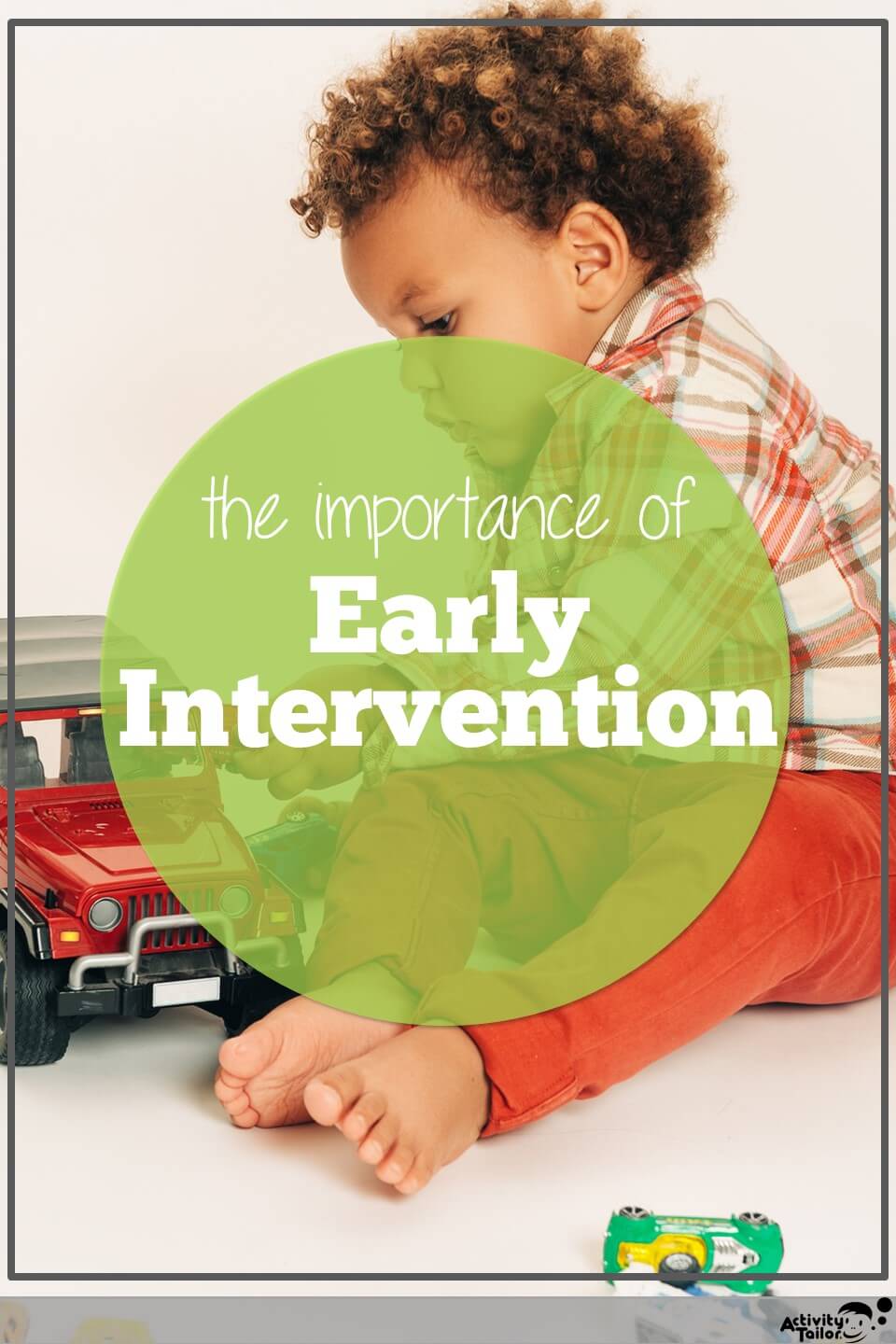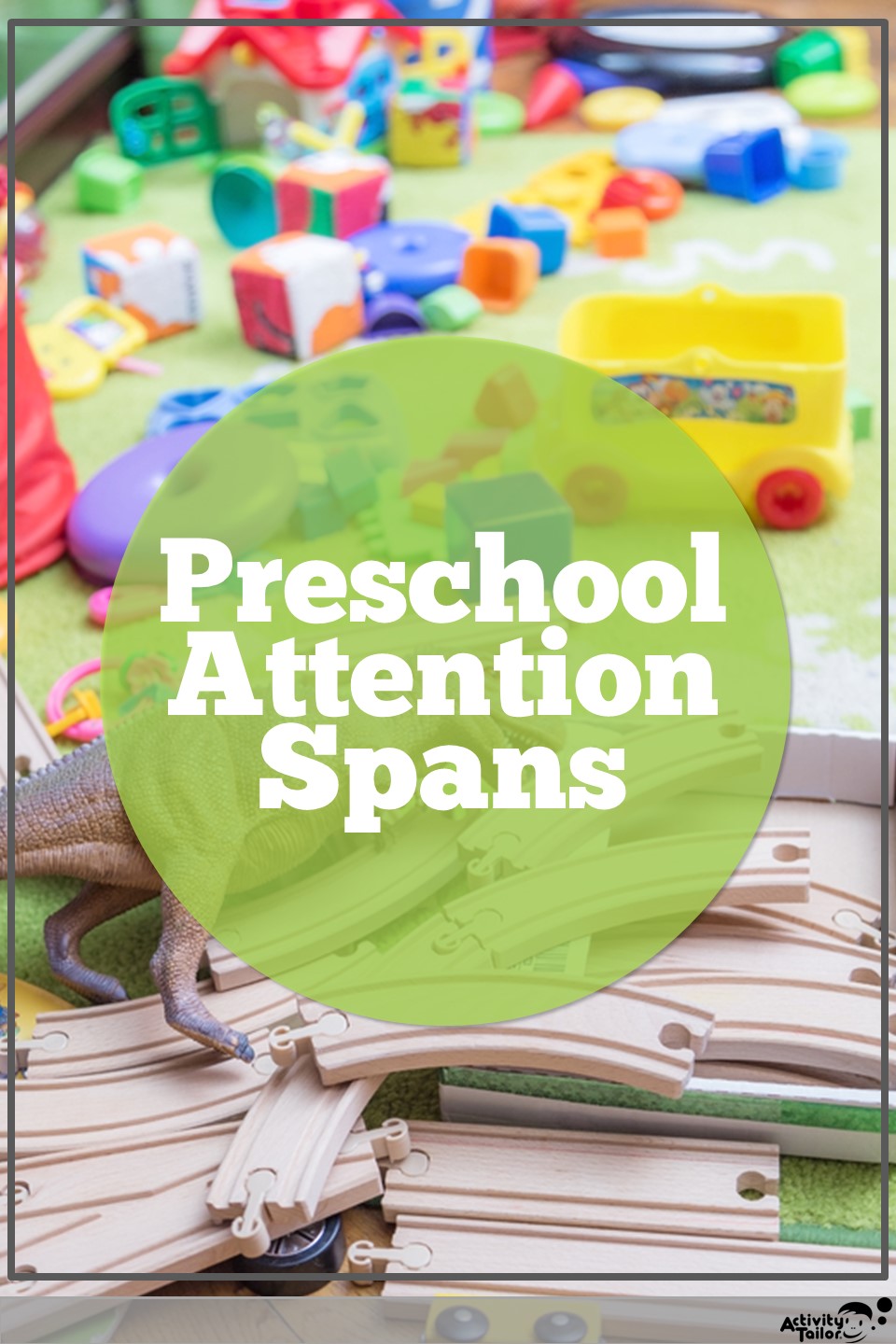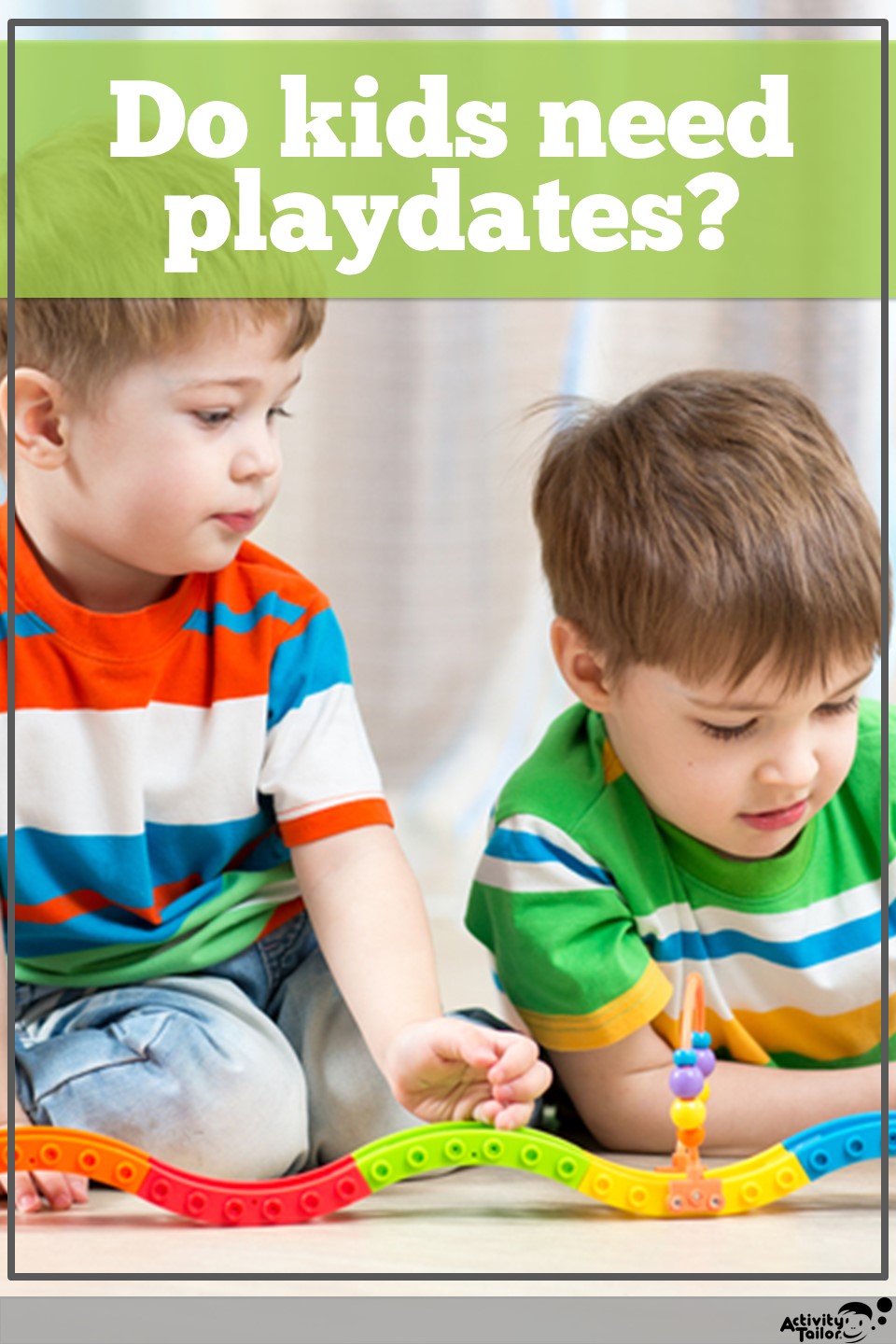Have you ever taken one of those Myers-Briggs personality scales? I fall on the introverted side. And not like “just a little,” but in a “way over” on the introverted side.
This surprises some people because I’m not very shy. I certainly don’t look for fights, but I’ll let you know if I disagree. I can comfortably advocate for myself, my own children or others. And I can be quite chatty and opinionated. But I need lots of time to mull and ponder. Ii can get lost in m own world of books or projects for hours.ong conversations with a friend or two, but big groups are more do-able than enjoyable for me. And I know that after big events, even fun ones, I’ll require decompression time. Sometimes lots of it.
So I loved reading, Quiet: The Power of Introverts in a World That Can’t Stop Talking. Quiet spoke to me and about me with such accuracy, I was somewhat self-conscious. I wanted to recommend it…but it was so revealing, I hesitated. (I have since passed it on.)
The author, Susan Cain, covers a lot of ground in regards to personality and temperament and avoids passing judgments or pigeon-holing. I found it refreshing to hear the power of those of living in our own minds highlighted with no improvement suggestions. Likewise, it was interesting to reflect on the strengths of those more group driven.
While it was great to gain some insights into myself—for instance, why graduate school was infinitely more manageable for me—I lived along, the classes/department were small, I was passionate about the subject, and did I mention, I lived alone? I got thinking about the kiddos we serve.
As pediatric therapists we are often an abundantly perky group, prone to enthusiastic cheers for all accomplishments. We encourage/demand initiation of conversation, sometimes even with unfamiliar listeners. (Think of fluency treatment, articulation carryover, lots of our language kiddos) We work on oral reports and classroom participation.
I’m not suggesting this isn’t important. Life, whether it suits your personality or not, is going to require you to periodically ask a salesperson for assistance, chit chat with a friendly teller or participate in a group project.
But perhaps we do need to consider a client’s most basic personality as well. As adults, we have the luxury of choosing the timing and method of communication. Be honest, you’ve let certain calls go straight to voicemail to avoid a confrontation, diverted your course when you’ve seen a particular someone coming down the hallway, or chosen to send a well thought out email rather than talk to someone directly.
So is it appropriate for me to push a child to ask Miss Linda in the front office what time dismissal is on the last day of school? Or asking a teacher to call on a student even when I’ve helped “set up” the kiddo with the answer?
I’m thinking…not always.
One of the best things about summer for me is hanging out at the pool with my kids. They’re old enough that I can sit in a lounge chair and read or think. I plan to re-visit this topic on any number of sunny days.
I’m curious. Given that we’re in the business of talking, are there a lot more extroverts out there? Take a minute to comment—brevity is always supported, lengthy is welcome too!







This Post Has 6 Comments
My colleague recently got a girl with elective mutism to get through the SPELT-3 because she spoke quietly to the girl, sat next to her and didn’t make too much eye contact – just enough, and was very, VERY calm and subdued. It worked and she’s pretty sure it’s cuz she wasn’t all buoyant and excited with fanfare. Of course, she started with a few receptive language tests to build rapport as well, but also subdued and gently.
Something to think about more – thanks!
I hadn’t even considered the implications during evaluations, but of course it could play a huge role. Thank you! Kim
I’m an introvert too! Its been a while but I think my profile was introvert, feeling, Intuition and perception.
I wasn’t surprised by these results in the least and I think they make me a better therapist… I’m much better one on one than in large group
Do you know about The Enneagram? It’s another personality test with 9 types. I’m a #9 on that one.
Thank you for sharing!
Jena
Haven’t heard of that last one. Don’t remember my full profile on the M-B, other than I was in the middle on two of the scales which the administer found baffling! Kim
In the later years of my career I realized that as communication specialists we are ALL guilty of being so zealous about what we do that we loose focus of the bigger picture. Communication is a part of life…it isn’t life itself…it is only life itself to us SLPs 🙂 You are right we need to step back and look at what this person needs to function effectively in the world and that may not be perfection. GASP! Have I just committed SLP heresy?
Surely not heresy! It makes me think about less common medical diagnosis, in which the recommendations all seem to be different based on the “eyes” that do the looking. Thanks for your candor. Kim
Comments are closed.